The question of race-based privilege in New Zealand has become increasingly polarising. For the left, government policies recognising Māori as tangata whenua are essential to honour the Treaty of Waitangi and correct “historical wrongs.” For others, these policies represent a dangerous departure from democratic equality, creating a two-tier system where rights and opportunities are determined not by citizenship, but by ethnicity.
A viral image circulating on social media starkly lays out the perceived advantages Māori hold, compared with what it claims other New Zealanders have - simply “privilege.” Whether you agree with its framing or not, the list illustrates just how far race-based policy has been embedded across the country’s institutions.
Māori have a network of kura kaupapa (Māori-language immersion schools), Māori boarding schools, and scholarships reserved only for students with Māori whakapapa. Alongside these, the national curriculum incorporates Māori-specific content that other groups do not receive.
Supporters argue this preserves culture and improves Māori student outcomes. In my view this is exclusionary, given that many non-Māori families also face poverty and poor educational results but lack the same targeted opportunities.
Apartheid has no place in New Zealand
In New Zealand, we pride ourselves on fairness, equality, and opportunity. We are told that success comes from hard work, merit, and commitment. However, at Otago University’s medical school, one of the country’s most “prestigiously woke” institutions, that fundamental promise is being betrayed.
There are Māori-only housing projects, Māori health providers with government contracts, and welfare programmes that prioritise Māori needs. Even within the prison system, rehabilitation and reintegration schemes are often designed exclusively for Māori inmates.
This approach ignores struggling Pākehā, Pasifika, or Asian New Zealanders who face similar disadvantages but cannot access the same assistance.
Whānau Ora funnels millions to iwi
It’s 6.30pm. The state-funded propaganda machine, otherwise known as 1News is droning on in the background while I’m half-listening, half-scrolling, slowly eating my dinner and getting sidetracked like usual. Then I stumbled across this little gem on RNZ that stopped me right in my tracks…
The Resource Management Act requires Māori consultation on land and environmental issues. In practice, this often means iwi and hapū can delay or block developments unless they are consulted, or in some cases, compensated. Co-management arrangements over rivers, lakes, and coastal areas give iwi a direct say in governance where no equivalent role exists for other groups.
These arrangements are justified as fulfilling Treaty obligations. However, many New Zealanders view them as undemocratic, as they grant decision-making powers based on ancestry rather than merit or election.
The great co-governance swindle
In modern New Zealand, a quiet revolution is underway. It’s not fought with placards or parliamentary votes, but in boardrooms and council chambers, behind closed doors, away from the people who actually pay the bills. This is the era of co-governance - a creeping transfer of power from elected officials to unelected tribal elites, rubber-stamped by fac…
The image also points to Māori-only ownership rights over parts of the foreshore and seabed, as well as a special Māori Authority tax rate of 17.5 percent. Māori charitable entities enjoy exemptions that no other ethnic group is afforded.
Enough of this rāhui bullshit
Over the weekend, the Otago Daily Times ran a story with the headline “Rāhui in place after body found on Wairau Bar.” Curious, I Googled the Wairau Bar and found it is in Marlborough. Sure enough, Stuff also carried the same story.
Māori language funding is extensive, with billions invested in revitalising te reo Māori through education, broadcasting, and cultural initiatives. Māori Television, iwi radio stations, and government-sponsored campaigns ensure Māori voices are amplified.
This raises the issue of fairness. While celebrating Māori culture is widely accepted, taxpayers question whether state funding should be prioritised for one language and one culture above all others.
Welcome to Rohirohi Māori
The first of September doesn’t just mean spring has arrived. It also marks the official start of Rohirohi Māori – or as English speakers might prefer, Māori fatigue. For the next 7 days, brace yourself. Every news bulletin, radio broadcast, TV advert and television presenter will be working overtime to ram as much…
One of the most controversial aspects is guaranteed Māori representation. From reserved seats in Parliament to designated Māori positions on councils, statutory boards, and advisory committees, Māori enjoy representation that no other ethnic group is guaranteed.
This arrangement dates back to the 19th century but has grown increasingly contentious as New Zealand becomes more multicultural. Democracy should mean “one person, one vote” - not weighted representation based on heritage.
Māori Seats
New Zealand prides itself on being a democratic nation committed to fairness, equality, and unity. Yet, within our parliamentary system exists a relic from another era - the Māori seats.
At the heart of this debate lies a fundamental question - should rights, opportunities, and representation in New Zealand be determined by equal citizenship, or by ethnicity and ancestry?
Those pushing for co-governance and race-based initiatives argue that they are correcting past injustices. Their opponents warn that such policies entrench division and undermine national unity.
The image serves as a sharp reminder of just how much New Zealand has already institutionalised race-based advantages. Whether one views these as necessary redress or unfair privilege, the trend raises an uncomfortable truth: the country is drifting toward a two-tier society.
If New Zealand is to remain a stable democracy, it must resolve this tension - and decide whether equality means treating all citizens the same, or continuing to grant special rights to one group over all others.



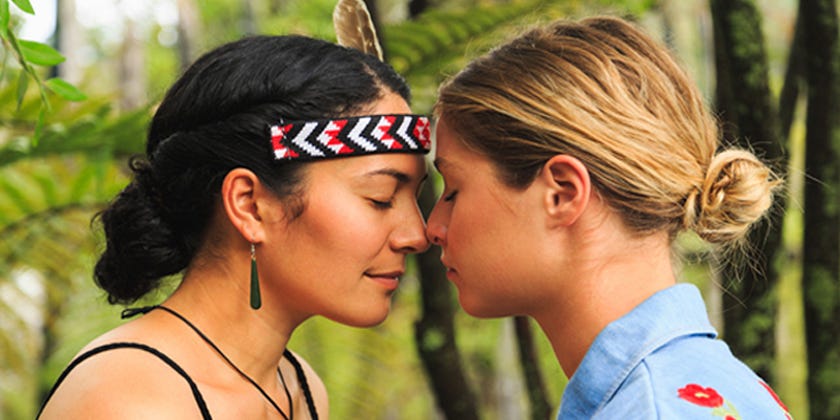
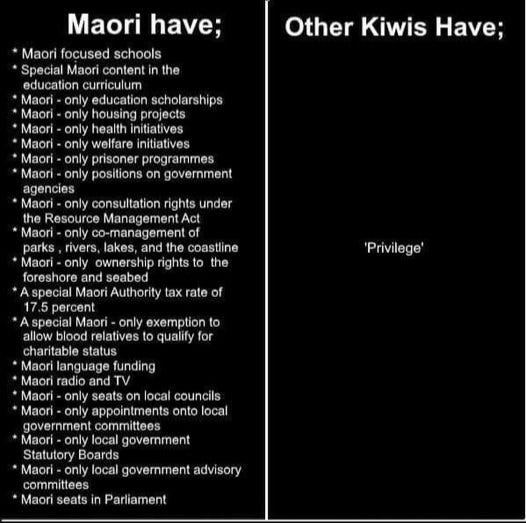



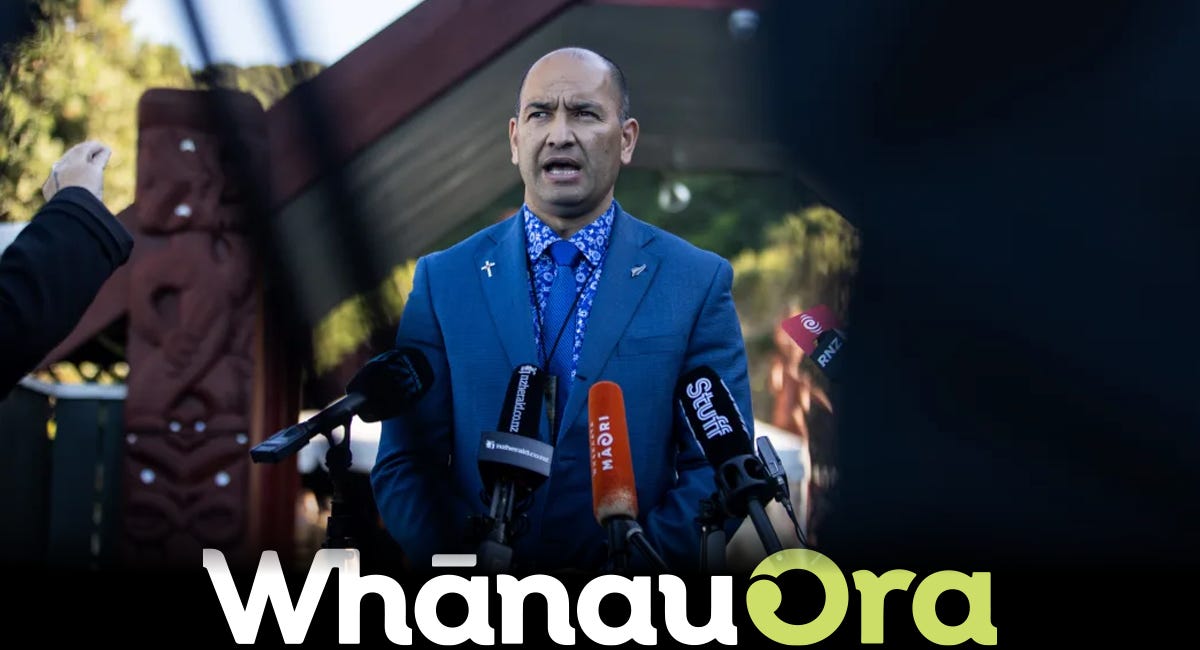

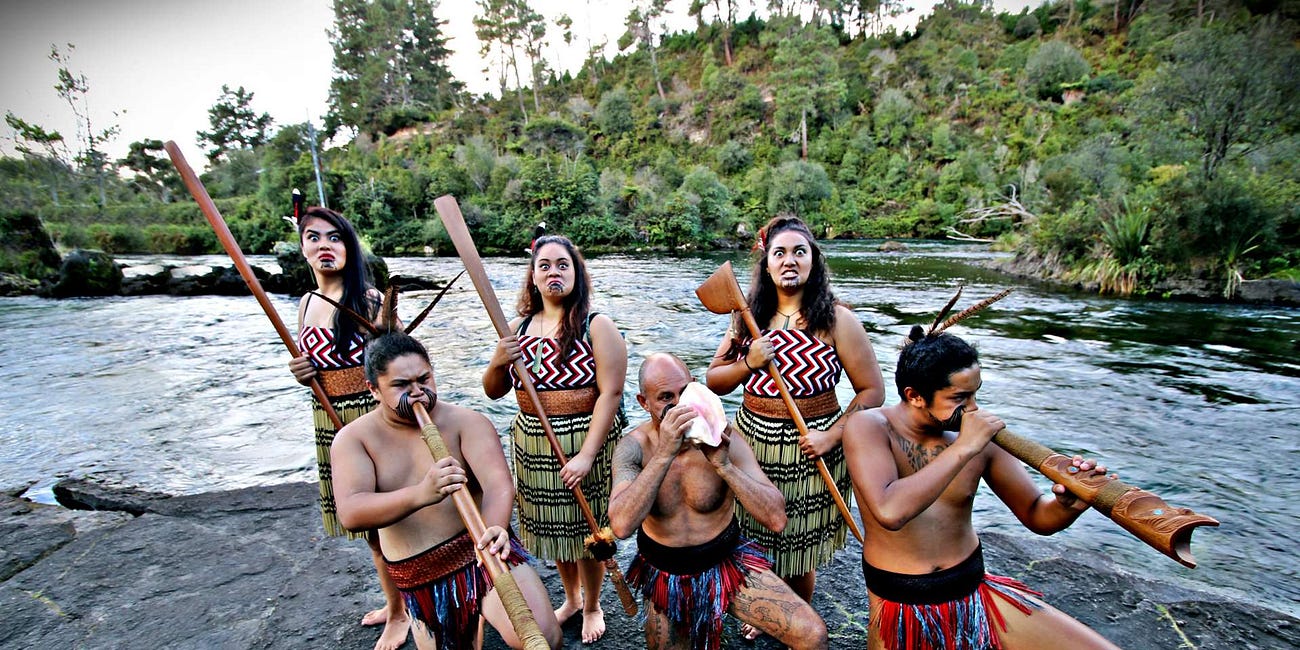

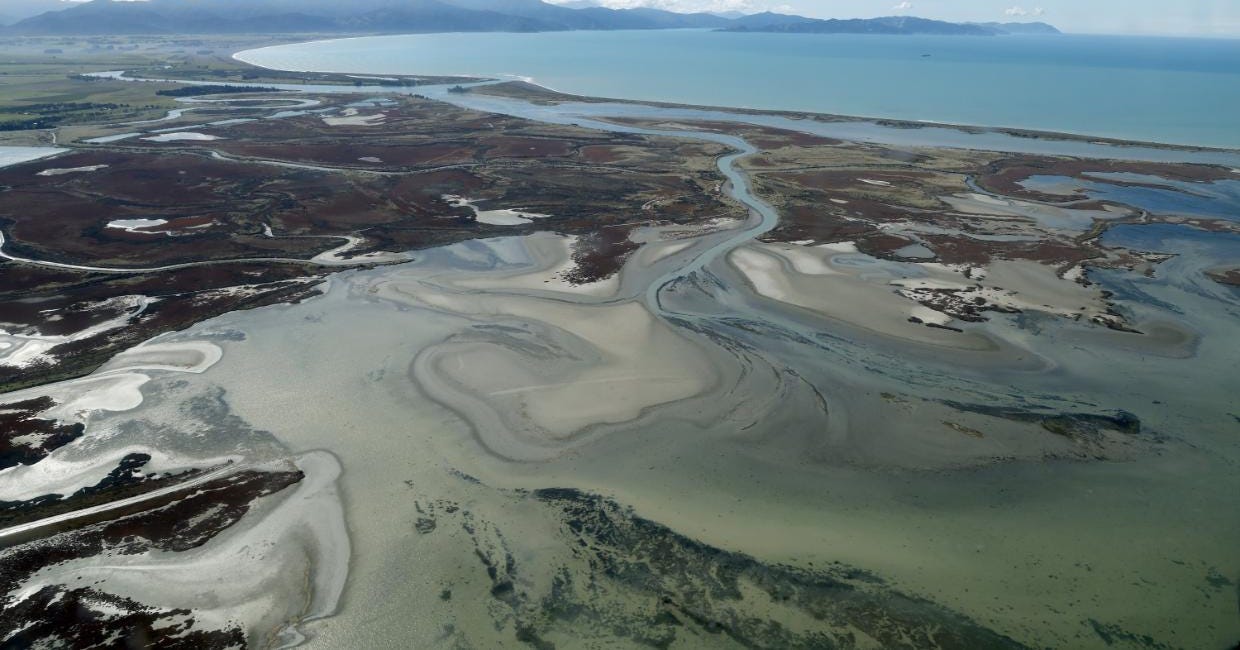

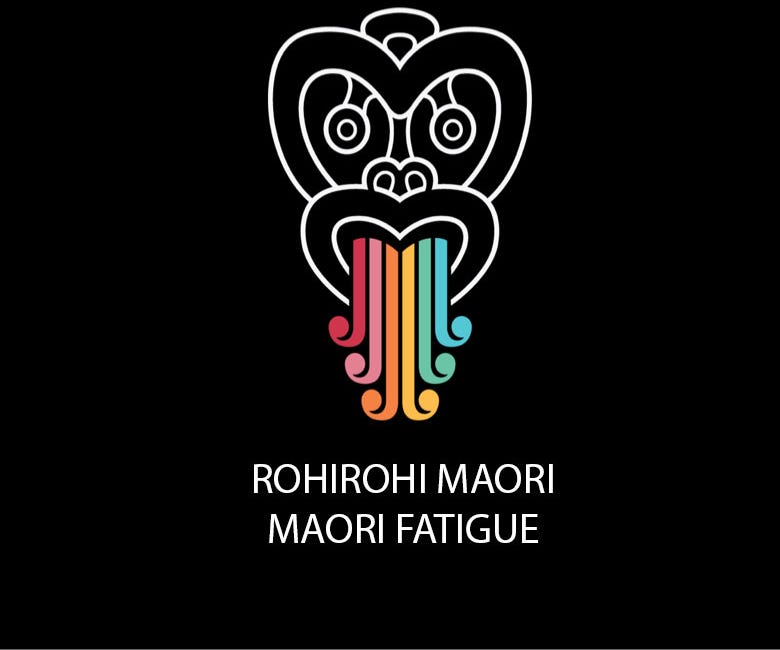

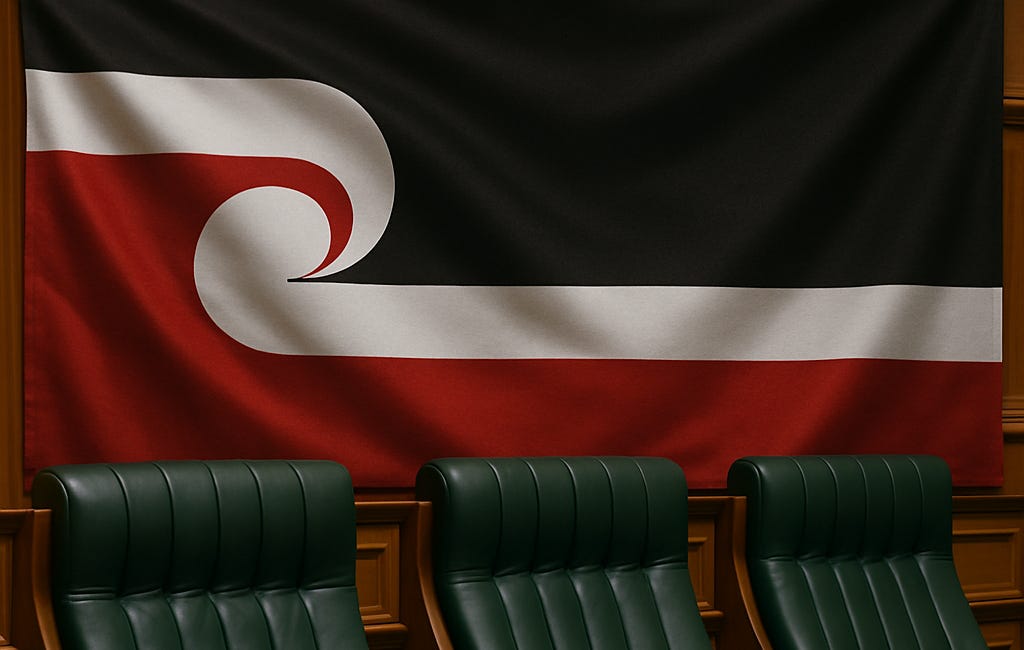


It’s all wrong. And racist. And very bad. As well as being totally unfair and daft (nothing in either Treaty version requires it, in fact the opposite!), it perpetuates the victimhood mentality of those who primarily identify as ‘Maori’. So they’ll never succeed. Thus it’s not fair on them either…
Totally agree with you Matua , but who in our our current crop of MPs has the balls to stand up and say "No more!"
Maybe Seymore , maybe Shane Jones, both incidentally call themselves Maori .
I'm sure whoever dares to put their head above the pulpit will garner massive support but will be targeted by the woke left with absolute vitriol